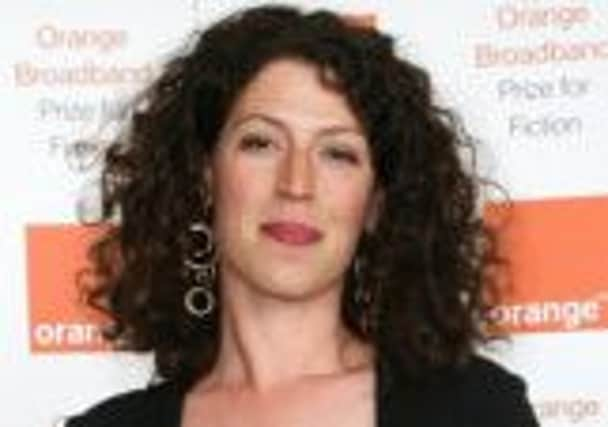Book review: Almost English by Charlotte Mendelson


Almost English - Charlotte Mendelson
Mantle, £16.99
It sets the tone for a coming-of-age story that fuses an English boarding school farce with a Chekhovian tragicomedy – but always has something of a fairytale running through it.
The story begins in the late 1980s. Long since abandoned by her Hungarian husband Peter, the hyper-sensitive Laura is forced to move in with his elderly female relatives for the sake of her teenage daughter Marina. In a cramped Bayswater flat that smells of cabbage with caraway, both mother and dowdy daughter feel imprisoned among the strange customs of Rozsi Farkas and her two sisters, witch-like fairy godmothers who still pine for their semi-mythical homeland.
Advertisement
Hide AdThey speak “a distorted English, full of dactyls which dust familiar words – ‘Pee-codilly’ or ‘vosh-ingmochine’ or indeed ‘Vest-minstaircourt’ – with snow and fir and darkness”. Though their native language is Hungarian and their hometown is now in the Ukraine, the sisters consider themselves Czech but burst into tears whenever Marina asks about their complicated histories. One of them is generally chopping dill.
Against this backdrop, Charlotte Mendelson charts the comical crises of mother and daughter as they attempt to define their identities. Laura has an affair with her married employer before her contrite husband Peter reappears from a 13-year yoga retreat in Wales.
Meanwhile, Marina sets off for boarding school in Dorset, convinced the experience will make her more “English”. Here she acquires a prat of a boyfriend who in turn introduces her to his father Alexander, a pompous TV historian. Marina is soon convinced that it is Alexander who should teach her how to be English. However, as a series of plot twists try to prove, Englishness is a slippery concept. And narcissistic middle-aged men are slipperier still.
Mendelson is clearly animated by the transition from family life to adult independence. Marina is itchy to escape her coven of relations – and yet desperately sentimental about them. When they arrive at her public school, “in their furry coats like bears who have strayed into a picnic”, she feels exposed by their otherness.
Still, it is frustrating that we don’t learn more about this otherness. Alexander characterises the Farkas’ homeland as a place of “forests, castles, goose-girls, wolves. Princes. Mountain lions” but Mendelson’s reluctance to probe this fairytale heritage feels evasive.
Mendelson may have a talent for evoking teenage neurosis but you can’t help but wish for a richer, more tantalising story of family strife.
Charlotte Mendelson is at the Edinburgh International Book Festival on Saturday